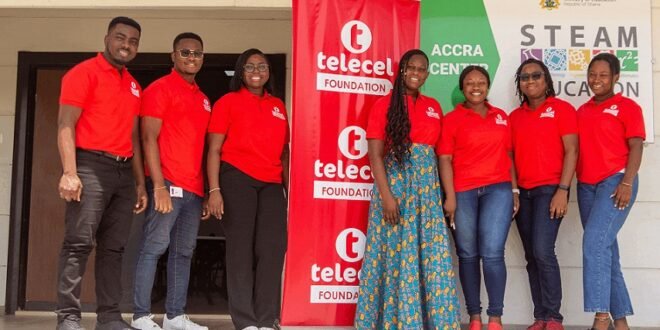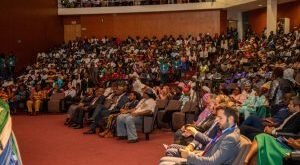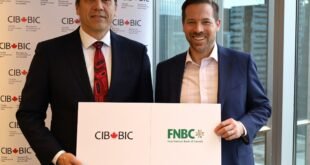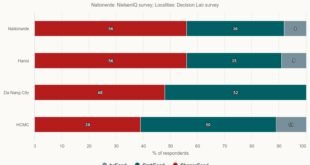Empowering Ghana’s Data Science Revolution
At the recent Ghana Data Science Summit, held at Ashesi University, Chief Executive Officer of Telecel Ghana, Ing. Patricia Obo-Nai, addressed a gathering of learners, practitioners, and stakeholders in data science. She urged the growing community of young data scientists to harness their technical knowledge and transform it into practical solutions that address some of the nation’s most pressing challenges.
Obo-Nai emphasized the importance of using data for purpose-driven innovation and development. “There’s a saying that data is the new oil or the new gold. But if we’re honest, that description doesn’t even go far enough. Unlike oil and gold, data is not finite. Its power lies not in its volume, but in how we use it for greater good.”
The summit, themed “From Skills to Impact: Empowering Ghana’s Data Science Evolution,” provided a platform for discussions on the global trajectory of data science. Obo-Nai highlighted how the field has evolved from simple statistics to a powerful tool for prediction, automation, and social change.
She acknowledged the challenges facing the data science revolution, including the lack of hands-on experience opportunities, financial barriers to accessing advanced computing resources, limited industry adoption, and biases against non-traditional learning pathways. “Access to the internet alone to learn data science is not enough. Without opportunities to apply your skills, build portfolios, and gain real-world exposure, technical knowledge risks becoming an unused asset.”
Telecel Ghana, under Obo-Nai’s leadership, relies heavily on data science to serve customers. The company uses data science for revenue forecasting, fraud detection, and creating personalized bundles such as the Made4Me offers. “For us, data science is a strategic asset that drives our decision-making and customer engagement. We leverage machine learning to deepen customer understanding and retention.”
The telco’s Data for Good initiative, in collaboration with the Ghana Statistical Service and Flowminder, plays a critical role in national crisis response during health crises. It provides anonymized data to shape public health decisions and resource allocation.
The Ghana Data Science Summit, also known as IndabaX Ghana, is an annual event focused on data science, machine learning, and Artificial Intelligence. Launched in 2019 by the Data Science Network in partnership with Deep Learning Indaba, the summit aims to democratize data science knowledge across academia, industry, government, and the broader Ghanaian community. It brings together hundreds of students and seasoned professionals to learn, share solutions, and collaborate.
Obo-Nai outlined several recommendations to move Ghana’s data science landscape from a nascent talent pool to a robust engine for innovation and economic growth. She suggested that the study of data science can be more impactful through practical, project-based applications via internships and partnerships between academia and industry. She also advocated for mentorship, broader job market opportunities beyond STEM and finance, and better recognition for graduates and self-taught professionals with data science credentials from non-traditional pathways.
On a national level, Obo-Nai emphasized the need for open access data platforms, standard data-sharing agreements, and the establishment of advanced research centers to keep Ghana at the forefront of AI and analytics.
At the heart of these suggestions was a challenge to the new generation of data scientists to go beyond technical mastery and focus on real-world outcomes and applications. “It’s not enough to code. You must ask the right questions, understand your data deeply, and communicate your findings so that they drive decisions that change lives. Your skills can help a farmer predict rainfall, detect health risks before they spread, or build the next fintech solution. The future won’t be handed to us. We must build it and help shape a data-driven Ghana we can all be proud of.”
 Info Malang Raya Its All About World News
Info Malang Raya Its All About World News




